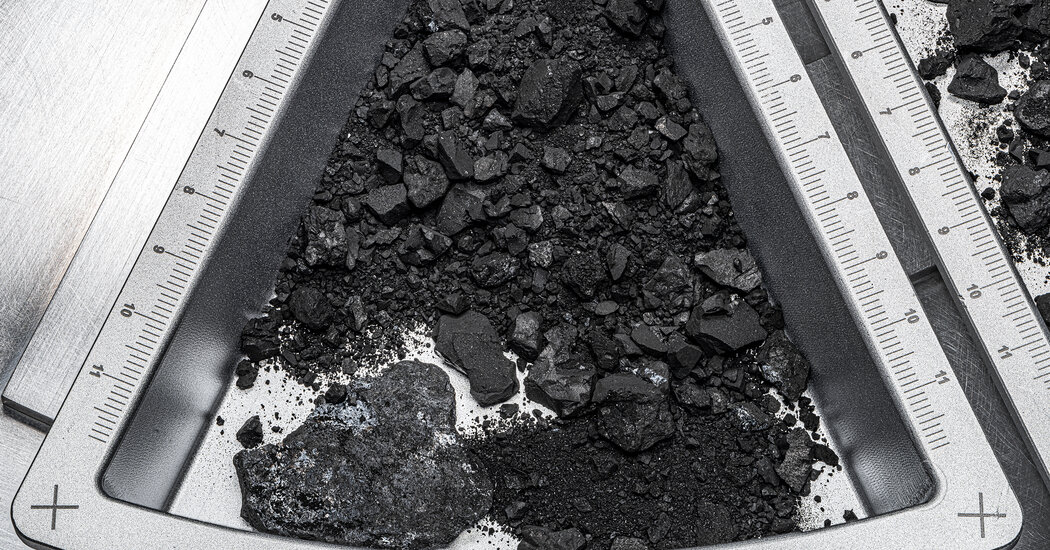
Scientists are studying whether future astronauts on deep-space journeys could transform compounds in asteroids into food.
Astronauts embarking on long-haul journeys in deep space can’t pack all the calories they will need in the form of freeze-dried food. They also can’t grow everything they’ll need, as onboard garden technology isn’t mature enough to keep them flush with fresh produce. Given those nutritional constraints, a group of engineers thinks future space travelers should pivot their diets.
In a study published Thursday in The International Journal of Astrobiology, scientists suggest that astronauts could look to asteroids for all-you-can-eat meals.
They wouldn’t be chomping down on the rocks themselves. Instead, a chemical and physical process would break down an asteroid’s material, and the resulting organic components — hydrocarbon compounds — would then be fed to bacteria. After the bacteria were full, the astronauts could consume the collection of microbes — more appetizingly referred to as “biomass.”
This idea has origins in a more earthly project, sponsored by Defense Advanced Research Projects Agency of the U.S. Department of Defense. One of the agency’s programs, ReSource, tasks researchers with taking waste produced by troops and turning it into something useful. Trash to treasure, in other words.
One team working on ReSource has been investigating what to do with “meals ready to eat,” or M.R.E.’s, military rations that last many years. But the plastic containers that hold soldiers’ shelf-stable beef last even longer.
“They don’t want to throw them away; they don’t want to burn them; they don’t want to pack them out,” said Joshua Pearce, an engineering professor at Western University in Ontario who is collaborating on the project, which is led by researchers at Michigan Technological University. Maybe, his team thought, they could turn those plastic food containers into more food.
We are having trouble retrieving the article content.
Please enable JavaScript in your browser settings.
Thank you for your patience while we verify access. If you are in Reader mode please exit and log into your Times account, or subscribe for all of The Times.
Thank you for your patience while we verify access.
Already a subscriber? Log in.
Want all of The Times? Subscribe.
